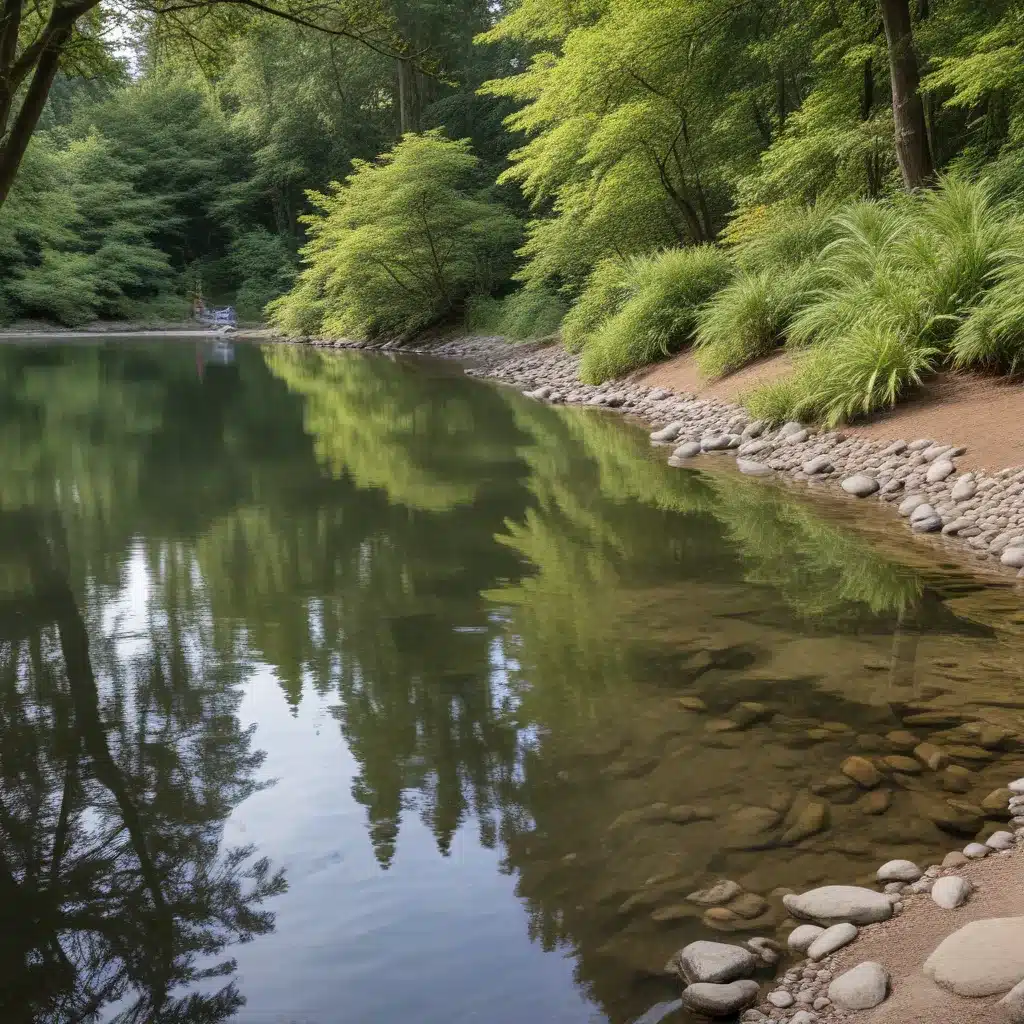
Understanding the Importance of Water Conservation
Water is the foundation of life, essential for sustaining our communities, ecosystems, and the overall health of our planet. However, as the global population continues to grow and climate change exacerbates water scarcity, the need for effective water conservation strategies has become increasingly urgent. At Stanley Park High School, we recognize our responsibility to be stewards of this precious resource and are committed to implementing comprehensive measures to reduce our water footprint and inspire our community to do the same.
The Impacts of Climate Change on Water Resources
According to the latest Intergovernmental Panel on Climate Change (IPCC) report, climate change is already affecting the availability and distribution of water resources worldwide. Increased temperatures, shifting precipitation patterns, and more frequent extreme weather events are disrupting the natural water cycle, leading to droughts, floods, and other water-related crises. These changes not only threaten the supply of clean drinking water but also impact agricultural productivity, energy generation, and the overall well-being of ecosystems and communities. As a school community, we have a crucial role to play in addressing these challenges and ensuring a sustainable water future for generations to come.
Understanding Our Water Usage
To effectively reduce our water consumption, it is essential to first understand our current water usage patterns. At Stanley Park High, we have conducted comprehensive audits of our water usage, examining everything from our classroom and bathroom facilities to our sports fields and outdoor landscaping. By carefully analyzing our water usage data, we have identified key areas where conservation efforts can have the greatest impact.
Implementing Comprehensive Water Conservation Strategies
Water-Efficient Fixtures and Appliances
One of the most straightforward ways to reduce our water consumption is by upgrading to water-efficient fixtures and appliances throughout our campus. This includes installing low-flow toilets, faucets, and showerheads, as well as energy-efficient washing machines and dishwashers in our school cafeteria and residential facilities. These simple upgrades can significantly reduce our overall water usage while also lowering our utility bills.
Water-Wise Landscaping and Gardening
Our school grounds and gardens are an important part of the Stanley Park community, providing recreational spaces, learning opportunities, and essential habitat for local wildlife. To ensure that we are using water responsibly in these areas, we have implemented a range of water-wise landscaping and gardening practices. This includes incorporating drought-tolerant native plants, using mulch to retain soil moisture, and implementing efficient irrigation systems that leverage rain sensors and smart technology to optimize water usage.
Rainwater Harvesting and Greywater Recycling
In addition to reducing our overall water consumption, we are also exploring ways to capture and reuse water on our campus. Through the installation of rainwater harvesting systems, we can collect and store precipitation for use in our landscaping and gardens, reducing the strain on municipal water supplies. Furthermore, we are investigating the possibility of implementing greywater recycling systems, which would allow us to reuse water from sinks, showers, and washing machines for non-potable applications, such as toilet flushing.
Student and Staff Engagement
While technological solutions are crucial, we believe that the most effective water conservation strategies involve active engagement and participation from our entire school community. To this end, we have launched a comprehensive education and awareness campaign, empowering our students and staff to become water stewards. This includes classroom lessons on the importance of water conservation, school-wide challenges and competitions, and volunteer opportunities to help maintain our water-efficient landscapes and gardens.
Collaboration with Local Authorities and Organizations
Recognizing that water conservation is a community-wide effort, we have also established partnerships with local authorities, environmental organizations, and other educational institutions to share best practices and collaborate on innovative solutions. By working together, we can leverage resources, expertise, and collective action to drive meaningful change and inspire others to follow our lead.
Measuring Our Progress and Celebrating Our Successes
As we implement these water conservation strategies, we are continuously monitoring and evaluating our progress to ensure that our efforts are having a tangible impact. We have set ambitious targets for reducing our water consumption, and we are tracking our progress using a variety of metrics, such as total water usage, water intensity (per student or per square meter of campus), and the percentage of water reused or recycled.
When we achieve our water conservation goals, we take the time to celebrate our successes and recognize the hard work and dedication of our students, staff, and community partners. These celebrations not only boost morale and foster a sense of pride but also inspire others to join us in our mission to protect this vital resource.
Conclusion: Rippling Out the Impact
At Stanley Park High School, we believe that by implementing comprehensive water conservation strategies, we can not only reduce our own water footprint but also inspire and empower others to do the same. By sharing our successes and lessons learned, we hope to encourage other schools, businesses, and community members to adopt similar water-saving measures, creating a ripple effect that extends far beyond our campus boundaries.
Through our collective actions, we can work towards a future where water is used responsibly, equitably, and sustainably – a future that safeguards the health and well-being of our planet and all who call it home. We invite you to join us on this important journey by visiting our website at https://www.stanleyparkhigh.co.uk/ to learn more about our water conservation initiatives and how you can get involved.

